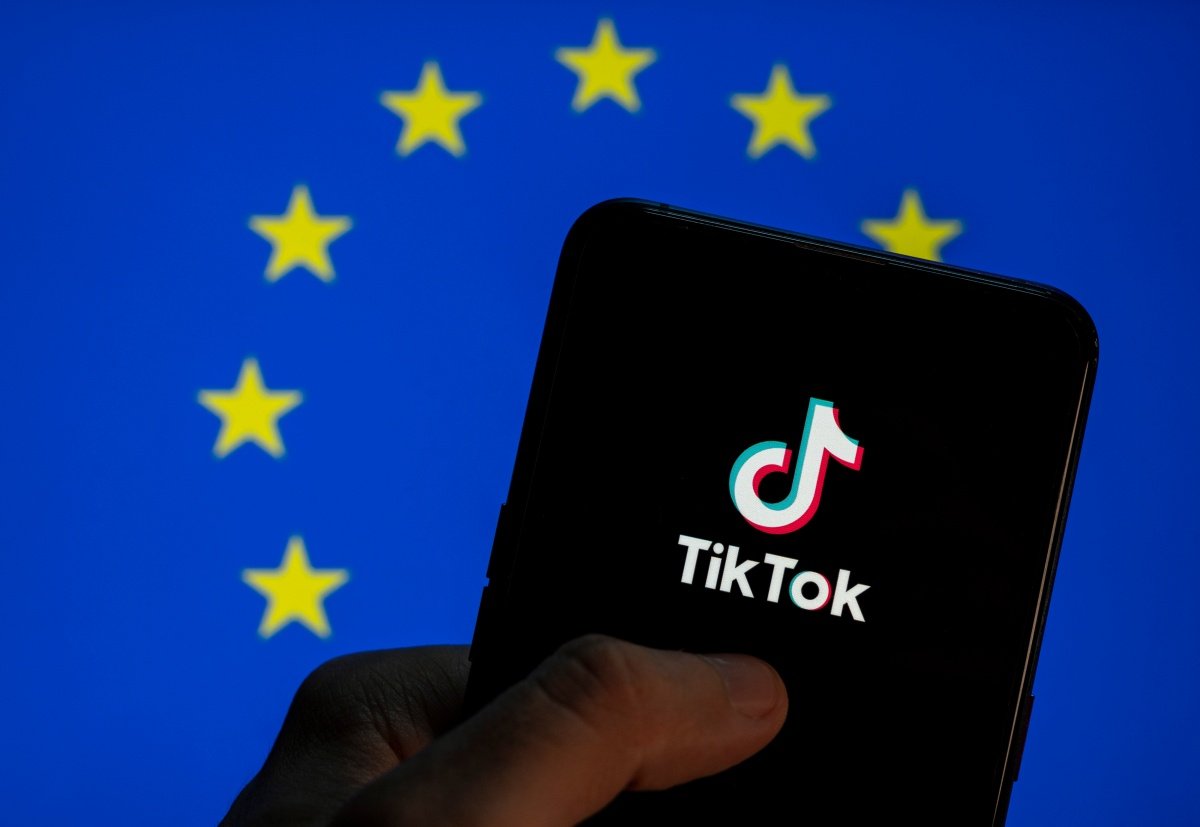TikTok is once again in the spotlight as the European Union questions its compliance with the Digital Services Act (DSA). This framework holds larger platforms accountable for mitigating systemic risks, particularly in areas related to youth mental health.
Recently, concerns have arisen regarding TikTok’s compliance with the DSA in the EU, specifically related to the launch of a new version of the platform called TikTok Lite. This version, currently being tested in France and Spain, allows users over the age of 18 to earn points for certain in-app activities like liking content or following new creators. These points can then be redeemed for gift cards or gifted to creators.
The European Commission has requested more information from TikTok regarding the risk assessment that should have been conducted before the launch of TikTok Lite.
This new feature, which rewards user engagement, has raised concerns about its addictive design and potential negative impact on the mental health of young people. In light of this, the Commission is closely monitoring TikTok’s compliance with DSA requirements.
An official press release from the Commission states that they have given TikTok 24 hours to provide a risk assessment for TikTok Lite, with an April 26th deadline for other requested information. After their review, the Commission will determine if further action, such as a formal investigation, is necessary.
When asked about the Commission’s request for information, a TikTok spokesperson responded that they are already in direct contact and will comply with the request.
As the owner of TikTok, ByteDance is subject to the strictest layer of DSA rules, which requires them to take steps to mitigate any potential systemic risks that may arise from their platform. Failure to comply with these regulations can result in penalties of up to 6% of global annual turnover, potentially resulting in substantial fines for TikTok.
The implementation of the DSA is also expected to have a broader impact on the design choices of platforms, with the EU holding the power to force reform if toxic impacts are found.
TikTok is already under investigation by the EU for compliance with DSA obligations, specifically in regards to the protection of minors and the management of addictive design and harmful content. However, the recent request for information suggests that the EU has further concerns.
It is notable that the Commission is intervening quickly after the launch of the tentative product, as TikTok Lite has only been live in France and Spain for a brief period of time. The Commission claims it launched this month and a Spanish YouTube video discussing the reward feature was only posted last week, indicating that the program has only recently become available on some Android devices.
It is uncertain if TikTok conducted a risk assessment for the reward program before launching TikTok Lite in the EU. When asked, a TikTok spokesperson did not provide a response. However, the DSA’s focus on systemic risk makes such an assessment mandatory for features that may appeal to minors.
TikTok has stated that users of TikTok Lite must verify their age to collect points. When questioned about the reliability of their age verification technology, the spokesperson mentioned processes such as submitting a selfie with a photo ID or credit card authorizations.
Additionally, TikTok has imposed restrictions on the reward program, including a maximum limit of roughly €1 per day and a daily video time limit of one hour. This raises questions about how clearly these limitations are communicated to users and may be of interest to EU enforcers as they investigate TikTok’s design choices.
In the past, consumer groups in Europe have expressed concerns about various aspects of TikTok’s platform design, such as their use of virtual currency to incentivize engagement. Complaints were brought forth in 2021 and were addressed through the Consumer Protection Cooperation Network with the Commission facilitating a dialogue between the parties. In June 2022, TikTok made commitments to increase transparency around their digital coins and virtual gifts.
However, considering the Commission’s continued oversight of TikTok’s compliance with the DSA, the platform may need to go further to satisfy the EU’s renewed focus on systemic risk as part of their comprehensive Internet regulation, which came into effect in February with systemic risk elements expected to be upheld by late August 2023.








